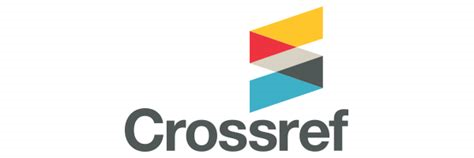Article Type
Research Article
Subject Area
Marine Technology
Abstract
The global maritime sector, transporting approximately 90% of world trade, is entering a transformative era driven by rapid digitalization, environmental regulations, and emerging autonomous technologies. Maritime Education and Training (MET) institutions are under increasing pressure to adapt their curricula, teaching methodologies, and infrastructures to meet new operational and regulatory demands. This study investigates the role of Artificial Intelligence (AI), Virtual Reality (VR), and other immersive technologies in reshaping MET to align with future maritime workforce requirements. Using a mixed-methods approach comprising a systematic literature review, quantitative surveys of 180 maritime students across multiple regions such as Egypt, Jordan, Libya, Kingdom Saudi Arabia, Syria, United Arab Emirates, Kuwait, India, Nigeria, Greece, United Kingdom and qualitative interviews with 15 maritime training experts — the research critically analyzes current adoption levels, identifies key barriers, and models future skill demands. Findings reveal that while 60% of surveyed students have experience with VR/AR simulation training, only 30% have interacted with AI-based adaptive learning systems. Infrastructure gaps, instructor readiness deficits, curriculum obsolescence, and regulatory inertia are identified as major barriers. Statistical projections indicate that by 2035, over 800,000 seafarers will require retraining in alternative fuels and autonomous system operations. This study offers a structured, evidence-based roadmap for modernizing (MET), emphasizing strategic reforms such as integrating AI literacy into curricula, establishing immersive learning environments, and enhancing instructor digital competencies. Central to these efforts is a proactive call for revising the International Convention on Standards of Training, Certification and Watchkeeping for Seafarers STCW78 Convention the cornerstone of global seafarer certification to incorporate emerging digital and green skillsets, ensuring international regulatory frameworks align with the operational demands of 21st-century shipping. By addressing a critical skills gap, this research positions MET institutions to lead the transition toward a safer, smarter, and greener maritime industry.
Full Text of Submission
wf_yes
Recommended Citation
El Salam Badawy, Zouheir Abd El Fattah Abd
(2025)
"Integrating Artificial Intelligence and Immersive Technologies into Maritime Education and Training,"
Blue Economy: Vol. 3
:
Iss.
2
, Article 2.
Available at:
https://doi.org/10.57241/2805-2994.1039
Creative Commons License

This work is licensed under a Creative Commons Attribution-NonCommercial-No Derivative Works 4.0 International License.







